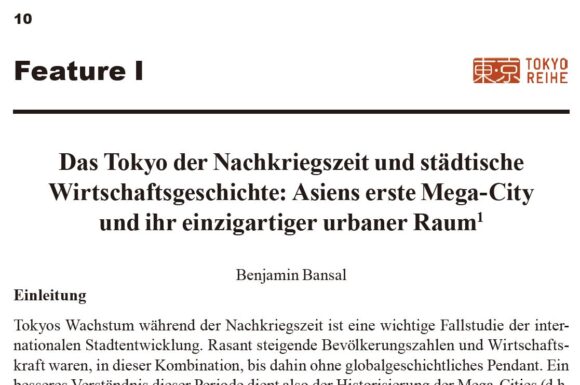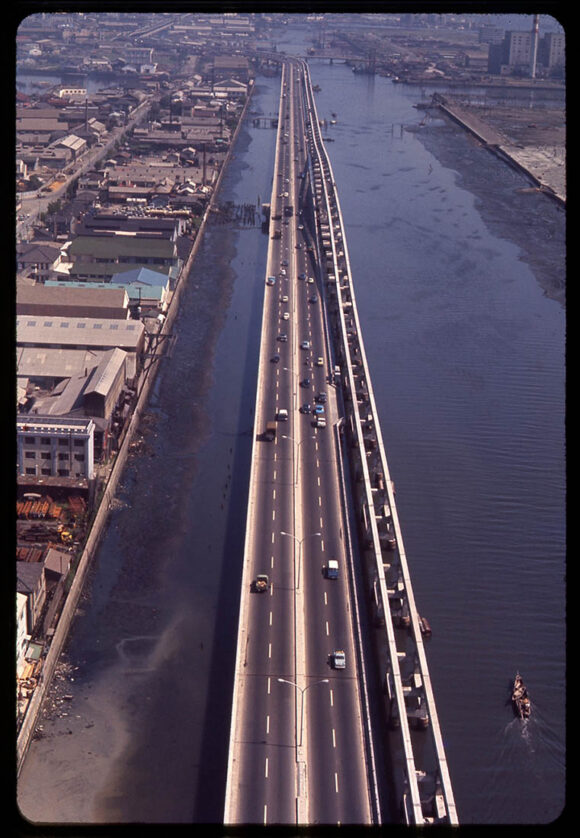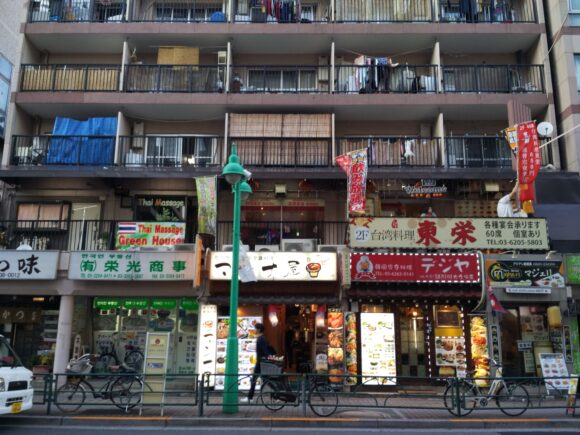When I prepared the slides for the OAG talk I gave in June this year, I figured I might as well use the momentum to write them up for the monthly bulletin of the organization. It was a great experience penning that long a piece in my native German. And thanks to the editors, it has even become readable. So to all those readers out there who prefer reading auf Deutsch, here’s your last excuse gone not to acquaint yourself with the years of my blissful library solitude in Tokyo.






